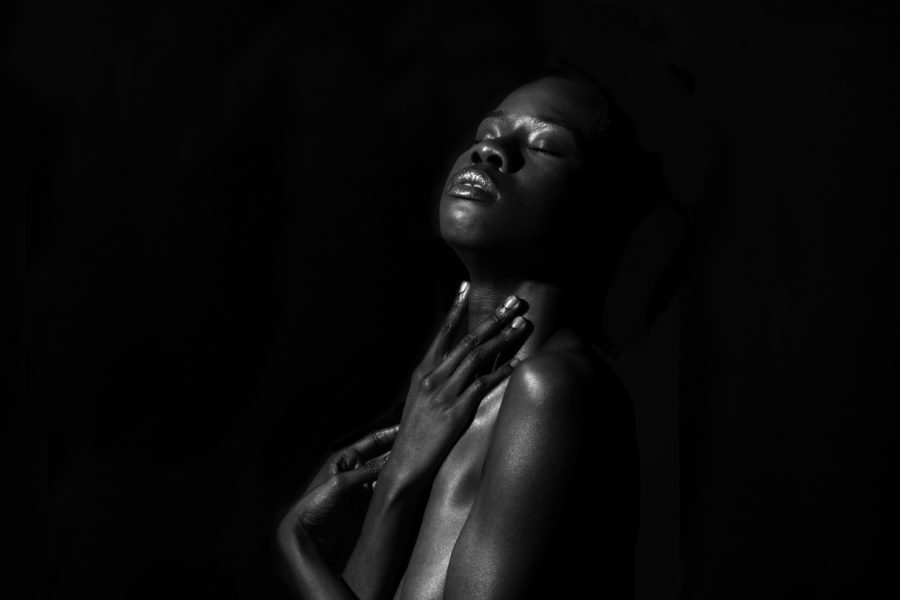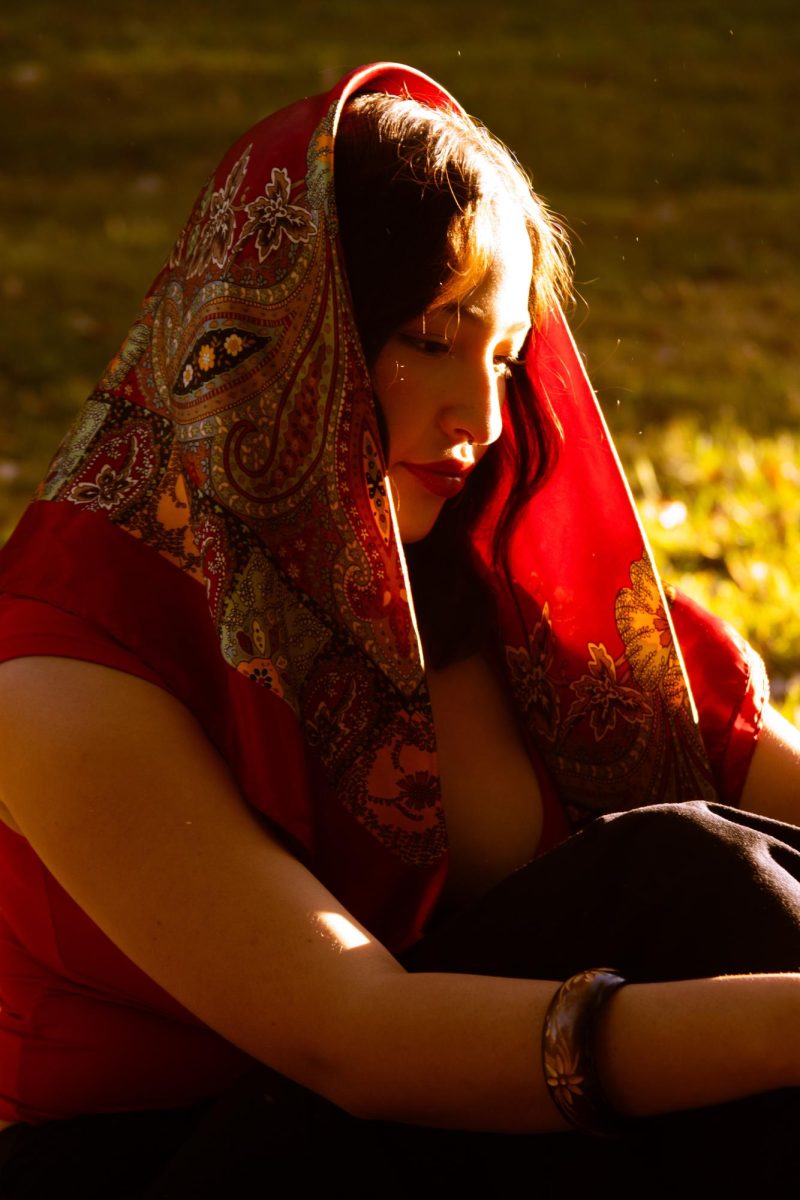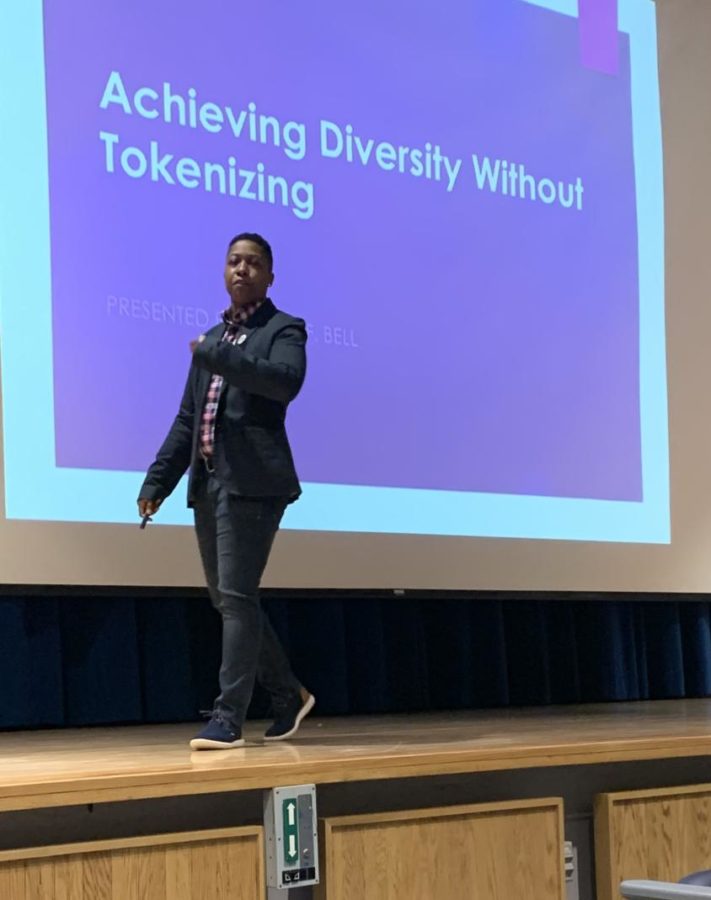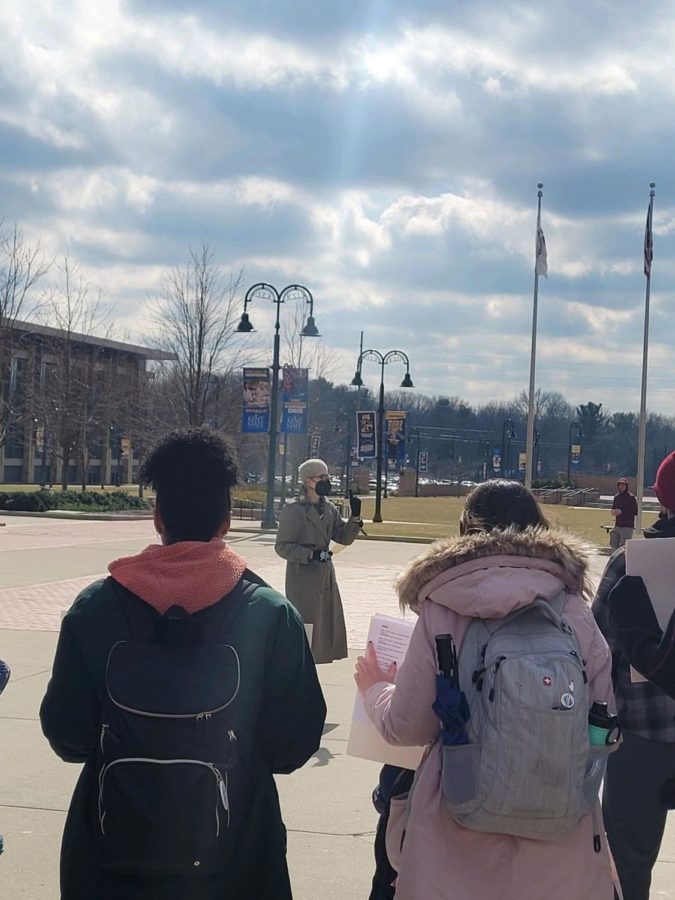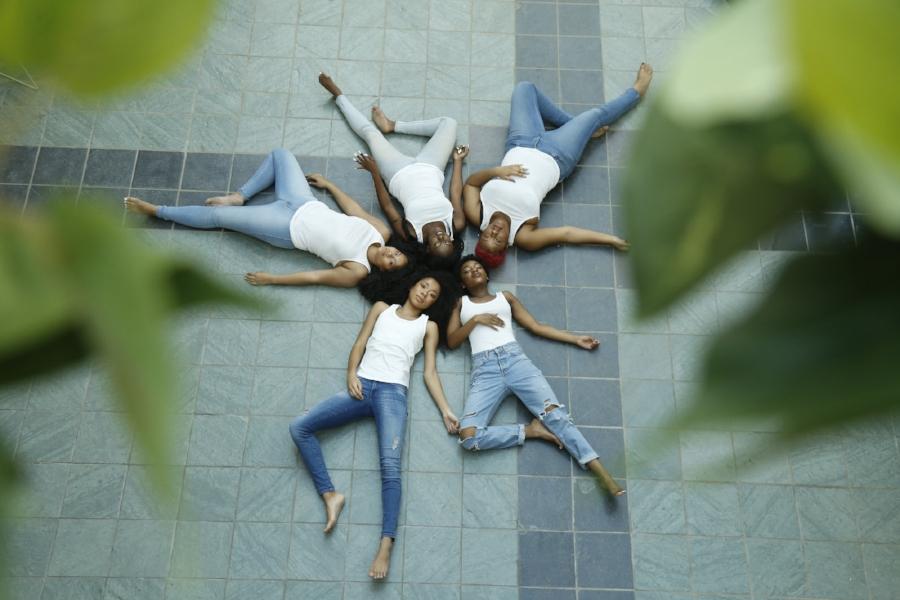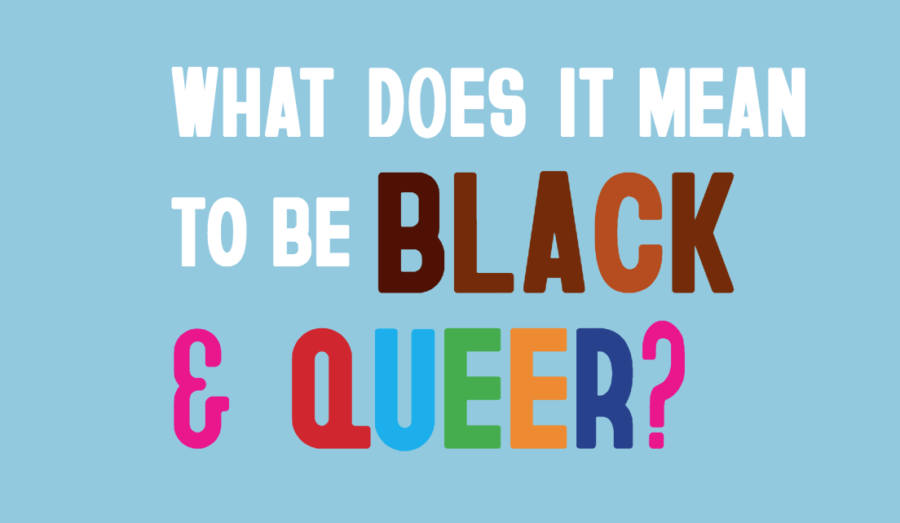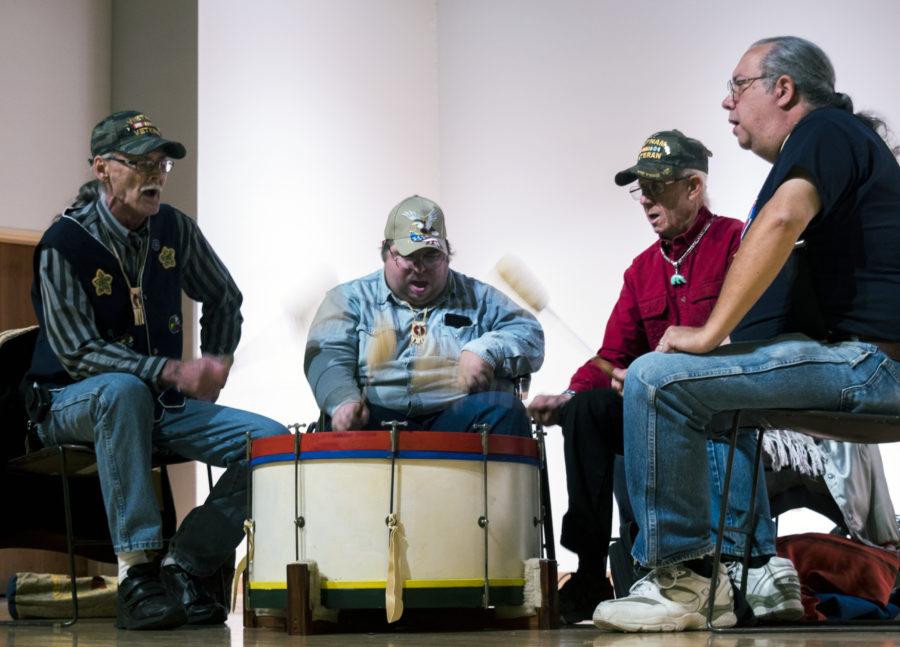Sex is okay! Better yet, it’s great and I’ve noticed that I get crazy looks when I say things like this in public. For some, the idea of a woman speaking so candidly about sex is taboo, but times are changing and what is socially acceptable changes by the day. Over the past few years, I have noticed a surge in the women I see owning their sexuality. In my personal life and in the media, I’ve seen women show off their sexuality without a care in the world. The first time I recognized it was when Beyoncé dropped her self-titled album in the winter of 2013. With songs like “Drunk in Love,” “Partition,” and “Rocket,” Beyoncé set a tone for many women to follow. Then, with her 2014 MTV Video Music Awards performance, she proudly stood with the word “feminist” on the screen behind her, shining a light on the modern feminist movement, reaching people who had never been exposed to it before. This ownership of sexuality is a part of something bigger and by bigger, I mean the feminist movement. With the backing of many celebrities and leaders in black culture, more and more women are starting to see that they do and should have the right to do what they want with their bodies and still be respected and accepted by society.
Although there are many movements within feminism, it’s more than a movement. It’s a theory, a way of life and the core goal is to achieve equity for all marginalized and oppressed groups of people. There are many stereotypes of who feminists are and what their fight looks like. This leaves very minimal space for black women to speak their story and to be heard from a feminist perspective. So, when we do engage in feminism, it’s often labeled otherwise because we don’t fit into the already existing idea of what feminism is. Once black women choose to engage in sex positivity, we are deemed hoes, instead of feminists. We aren’t given the privilege of that title in the same way that our white counterparts are.
Slut shaming is a real problem that so many black women face. Society tells us that women are supposed to be sexual only behind closed doors and only with our husbands. There are so many things wrong with this rhetoric. The first major problem is that not all women are heterosexual. This may be shocking news to some, but, yes, it’s true. Gay people, lesbian people, bisexual people, pansexual people, exist. People across the spectrum exist! The second problem is that this ideology is the assumption that we only engage in sex to please our partners and there is no gain for ourselves. So, when women deviate from this norm and choose to have sex simply because they like to, it disrupts society. Men (and some women) are literally shook to the core. Subsequently, these women are labeled as hoes, sluts, whores, etc. But what exactly is a hoe? I decided to ask a few students of their opinions.
Malkom Crider, a sophomore, said that a hoe is “somebody that’s for everybody.” He went on to say that a hoe is “somebody who loves their outer self more than they love their inner self.” Tracie Pickett, a senior, stated that “hoes do not exist because the word was created as a way of othering women who take agency over their sexuality.” Lastly, Geovontae Craig, a senior as well, stated that a hoe is “somebody that is bouncing from friend to friend.”
What I found interesting was that the men I talked with did not gender the term, yet there was an underlying assumption that they were talking about women. Nevertheless, my point was proven that you’ll never find one universal definition for the word hoe, because it is a social construct. This construct was created to keep women from ascribing to their own agency. What we do know about the term hoe, is that it is a racially charged term. Black women are more likely to be called a hoe, than women of other races. Again, demonstrating how hard it is for black women to express themselves sexually.
But, hypersexualization of black women is a real thing! Although the goal of sex positivity is to create an environment in which women can express themselves sexually without any backlash, there is a flipside. Fighting for women’s bodies to stop being hypersexualized is also another movement. A woman showing her breasts should not be a crime, since breasts are not sexual organs and should not be viewed as such. Women aren’t even given the freedom to breastfeed their children without being criticized for showing too much of their bodies. Why sexualize a body in a non-sexual situation?
Historically, black women have never been allowed the agency to be the sexual beings we are. Since slavery times, women have been seen as overly sexual. This is where the stereotype of the “Jezebel” comes from. Many enslaved black women were raped by their slave owners or other white plantation workers. White women, then jealous of the white man desiring to be with black women, thus created this stereotype that black women are overly sexual. Another example of this is seen through the life of Saartjie “Sara” Baartman, who was a black woman put into freak shows because of her very large butt. She was an outcast in society, seen as other than human and raped by everyone around her. She died in 1815 and her body was not buried until 2002 because she was put into a museum for people to gawk at, even in death. This is the type of stuff that needs to be talked about more if we ever want progress.
Social media plays a huge role in how we discuss and review sexual cultures. Young, black, millennial women who are third-wave feminists are often discredited in the work they do online. I have personally been called a “Twitter feminist” when trying to explain feminist issues on Twitter. The whole concept of a “Twitter feminist” is that a woman only talks about these issues on Twitter simply to annoy men and never do so in real life, which literally makes no sense at all. It’s easy to get caught up in what we see online and forget that there are real people typing out these things. I’m always behind the computer or holding my phone and typing these things. I share these thoughts in everyday life, casual conversation, at rallies, at forums, in papers for classes and here in this magazine as well. Whenever black women choose to speak their truth, in some sort of way, we are discredited or our voices are minimized. The iconic bell hooks herself has said that feminism is not just for women or about women, but is for everyone. So the idea in the black community that feminism is the white woman’s fight, is old and tired and needs to be done away with. Despite this belief however, Black women have been and remain the driving force behind third-wave feminism. Sex positivity and changing the ways in which society views sexual cultures is a very hot topic for Black millennial women. Sex positivity is the idea that all people should be able to do whatever they want with their bodies, as long as they are not harming anyone or taking away someone else’s agency. It’s having an attitude that all consensual sexual activities are and should be healthy and pleasurable. This attitude encourages sexual pleasure, as well as experimentation. The fight to achieve this is aimed at women simply because socially, women receive more criticism for embracing sexuality than men do. But it should be noted that this criticism practically doubles for Black women.
A key part of any liberation movement is giving people personal agency. Essentially, giving agency is giving them the power to make choices for themselves without any social backlash, or legal backlash in some cases. These are things that one must understand when discussing topics such as sexuality, sex work and sex cultures. It’s human nature to crave sex. Your gender nor your race should never define how much you are supposed to like having sex. Your gender should also never define how much of your body can be shown. I’m glad to see that this is the direction we are moving into. Through all of the criticism, black women have been able to create a subculture where we can celebrate hoe culture and celebrate our bodies on our terms. This is a place where many black millennials and third-wavers have reclaimed the term hoe and made it our own. The work of endless hoes, and Twitter honeys and women like Nicole Milfie and Feminista Jones have paved the way and made it possible for many Black women to express themselves without fear of social ridicule or backlash from peers. I thank them for the work they have done and bringing me to the light. Every day, they inspire and free me because that’s what feminism is about. Feminism is freedom, it’s uhuru.
The 21st Century Jezebel
July 10, 2018
0
Donate to UHURU Magazine
Your donation will support the student journalists of Kent State University - Uhuru Magazine. Your contribution will allow us to purchase equipment and cover our annual website hosting costs.
More to Discover

